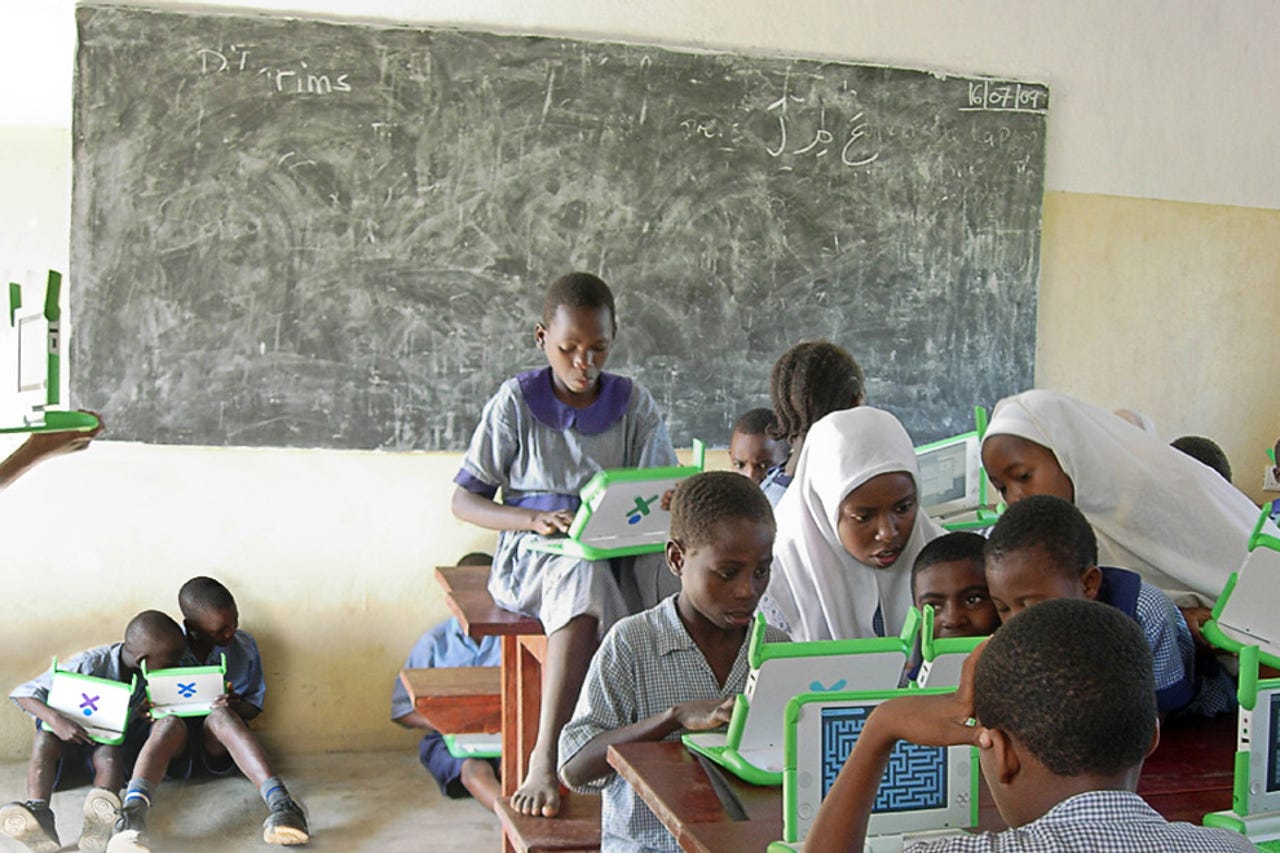Is Technology the Great Educational Leveller?
Technology seems to be living up to its reputation as ‘the great leveller.’ Not only because it connects people to one another and gives us better access to information and education, but also because there is such a demand for it. Everywhere.
Take Battushig Myanganbayar of Ulan Bator, Mongolia, who achieved a perfect score in M.I.T.’s first Massive Open Online Course, Circuits and Electronics in June 2012, when he was 15. The New York Times did a story on Myanganbayar in September of this year.
Myanganbayar is lucky, in that the principal of his school was the first Mongolian to graduate from M.I.T. And the principal called up a Ph.D. candidate friend from Stanford to come teach an in-person companion lab course to the group of Mongolian students taking the online course. And Myanganbayar’s parents had both a computer and an Internet connection to begin with, and were able to upgrade that Internet speed so he could watch the lectures at home. But it’s technology, the Internet, and M.I.T.’s online course that created the opportunity for him to participate at all.
Technology even enables learning without instruction. That’s what the non-profit One Laptop Per Child (OLPC) learned after it left sealed boxes filled with the tablets in two remote Ethiopian villages. The kids needed no instruction and only five months with their Motorola Xoom tablets to hack Android. (The cameras had been disabled for some reason, so the kids hacked the system to turn them back on.) 100 million first-grade-aged children have no access to schools, so OLPC wanted to see if kids would be able to teach themselves using computers and learning software. It appears that the early answer is a resounding ‘yes.’

Do libraries count as technology? I’m not sure, but I think the story of William Kamkwamba of Malawi belongs here too. The Boy Who Harnessed the Wind is his book telling the story of how, after returning home from school because his parents could no longer pay the tuition, he found a book on windmills at his local library, and used it to build one to supply his family’s home with electricity, and then a second to pump water for irrigating the family farm.
People will learn, even teach themselves, if they have access to information and tools. Technology may not be the panacea for worldwide literacy and education, but it is certainly improving access, bringing it to people and places that haven’t had it before.